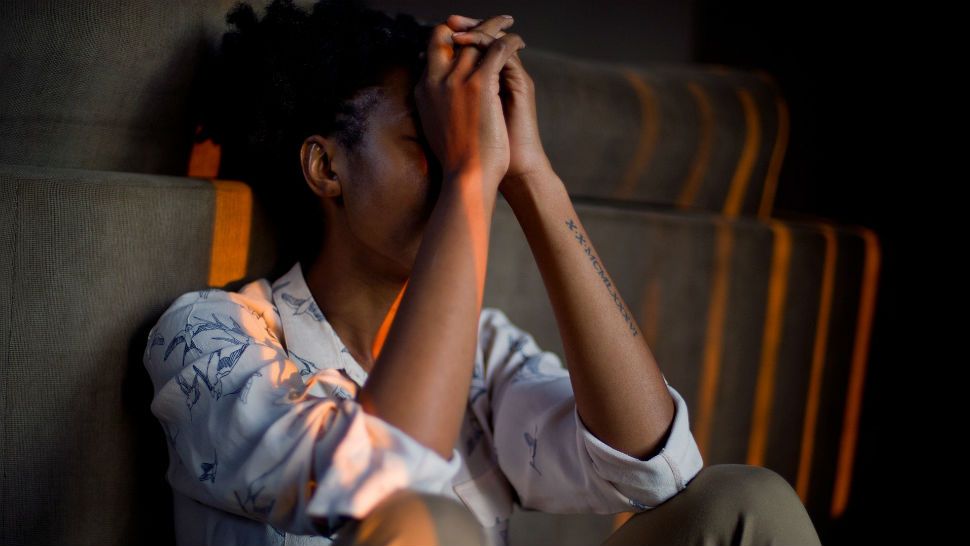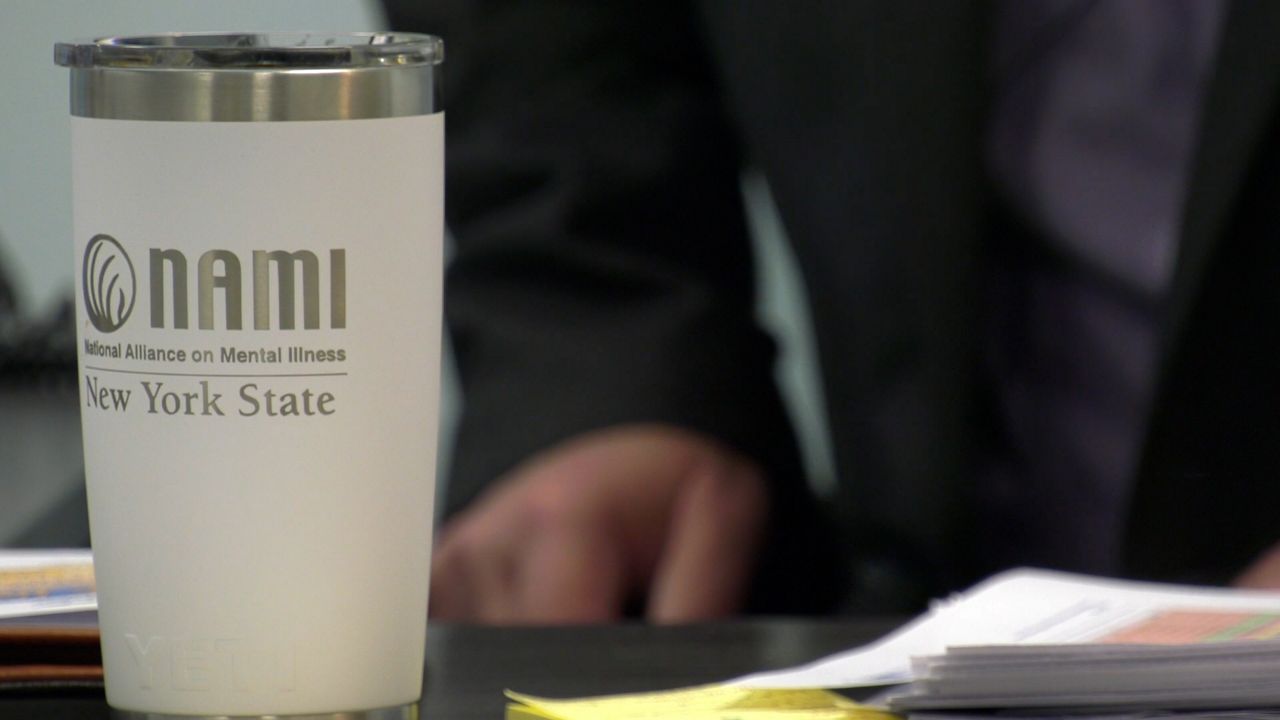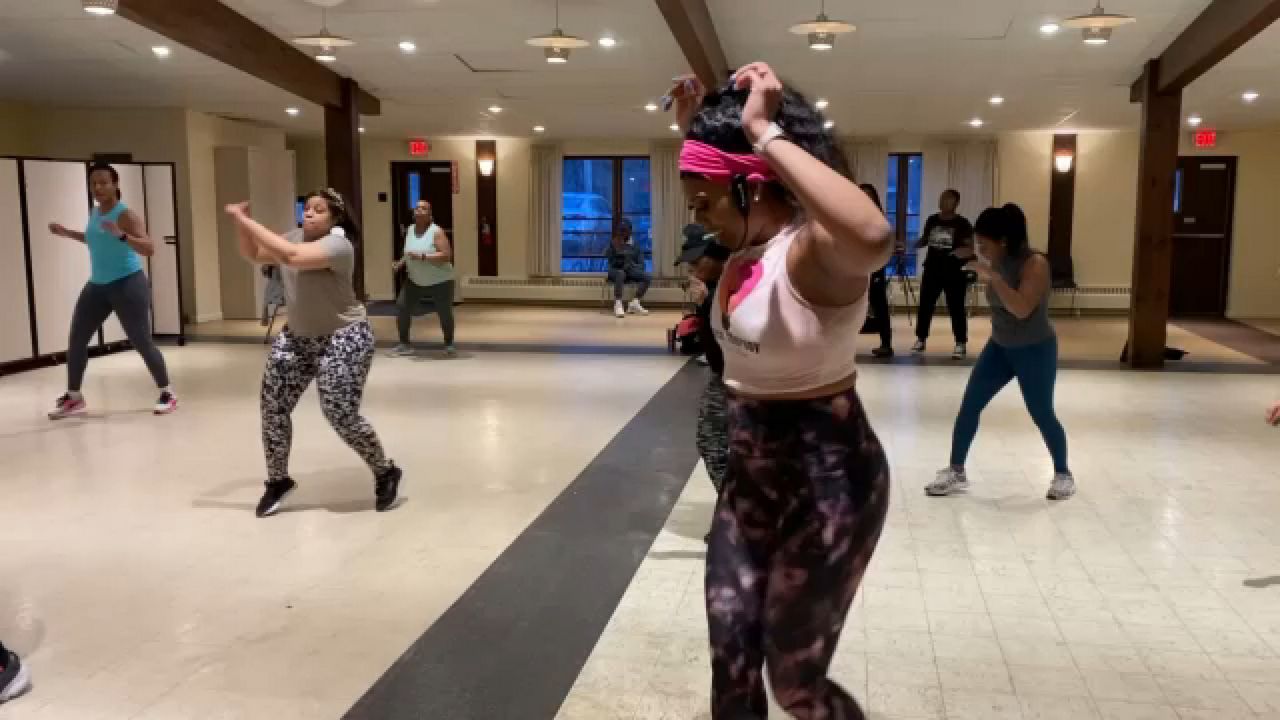Dear Reader,
More than four out of 10 U.S. adults feel that worry and stress related to the novel coronavirus have negatively impacted their mental health, according to a new poll by the Kaiser Family Foundation released on April 2, 2020.
The importance of mental and behavioral health care became apparent as the pandemic continued on, but as states like New York face budget deficits (New York’s tax revenue collapsed in April) funding these services becomes uncertain.
Below we look at what funding exists currently and whether it is enough to address the need.
If you have any information about mental health funding, please email me at Camalot.Todd@Charter.com.
Spectrum News Buffalo’s next #IAm1in5 Facebook Live is at 1 p.m. est, Thursday, May 27 with Pastor George Nicholas to discuss the African American Health Equity Task Force’s response to COVID-19.
I will be resuming my office hours at 1 p.m. this Saturday, May 23, via Instagram Live. You can join me then, here.
—Camalot K. Todd
What You Need To Know
New research shows that deaths by despair (like suicides and overdoses) may reach hundreds of thousands if preventive actions aren’t taken
The global COVID-19 pandemic highlighted the need for mental and behavioral health care services, but national organizations like National Alliance on Mental Illness pleaded for more funding than the HEROES Act allotted
State Senator Peter Harckham calls $3 billion in mental health funding in the HEROES Act “woefully insufficient"
New research shows that deaths by despair (like suicides and overdoses) may reach hundreds of thousands if preventive actions aren’t taken
The global COVID-19 pandemic highlighted the need for mental and behavioral health care services, but national organizations like National Alliance on Mental Illness pleaded for more funding than the HEROES Act allotted
State Senator Peter Harckham calls $3 billion in mental health funding in the HEROES Act “woefully insufficient"
The proposed HEROES Act — a $3 trillion appropriations bill — would send $22 billion in unrestricted funds to New York, $100 billion to hospitals and health care at the national level, but only $3 billion for mental health support.
New York State Sen. Peter Harckham (D) called the proposed $3 billion “woefully insufficient.”
In April, the National Council for Behavioral Health and 40 other organizations including the National Alliance on Mental Illness, the American Psychiatric Foundation and Mental Health America asked Congress to allot $38.5 billion in funds to help address the need for expanded services.
The letter asked for a $5.6 billion (nearly double the allotted amount in the HEROES Act) Substance Abuse and Mental Health Services Administration (SAMHSA) grant to help provide crisis and grief counseling to frontline workers alone.
“We already have a national crisis of suicide, overdose and substance use disorder that is only getting worse throughout this crisis,” Sen. Harckham said.
Research by the Well Being Trust (WBT) and the Robert Graham Center for Policy Studies in Family Medicine and Primary Care support Sen. Harckham’s statements.
In addition to the tens of thousands of American lives lost to COVID-19, the new report Projected Deaths of Despair from COVID-19 suggests hundreds of additional lives can be lost due to drugs, alcohol and suicide because of the pandemic at the highest end of the prediction model.
But the report clearly states that these deaths by despair can be prevented by taking meaningful and comprehensive action.
The report continued to offer policy solutions to this like expanded access to mental and behavioral health care, integrated mental health screening and treatment at all COVID-19 response and recovery efforts.
But, like so many policies — those solutions come with a price.
“The HEROES Act fails to help the millions of Americans struggling right now with Substance Use Disorder and mental health issues who are already falling between the cracks because of severe underfunding of treatment and care providers,” Sen. Harckham said.








